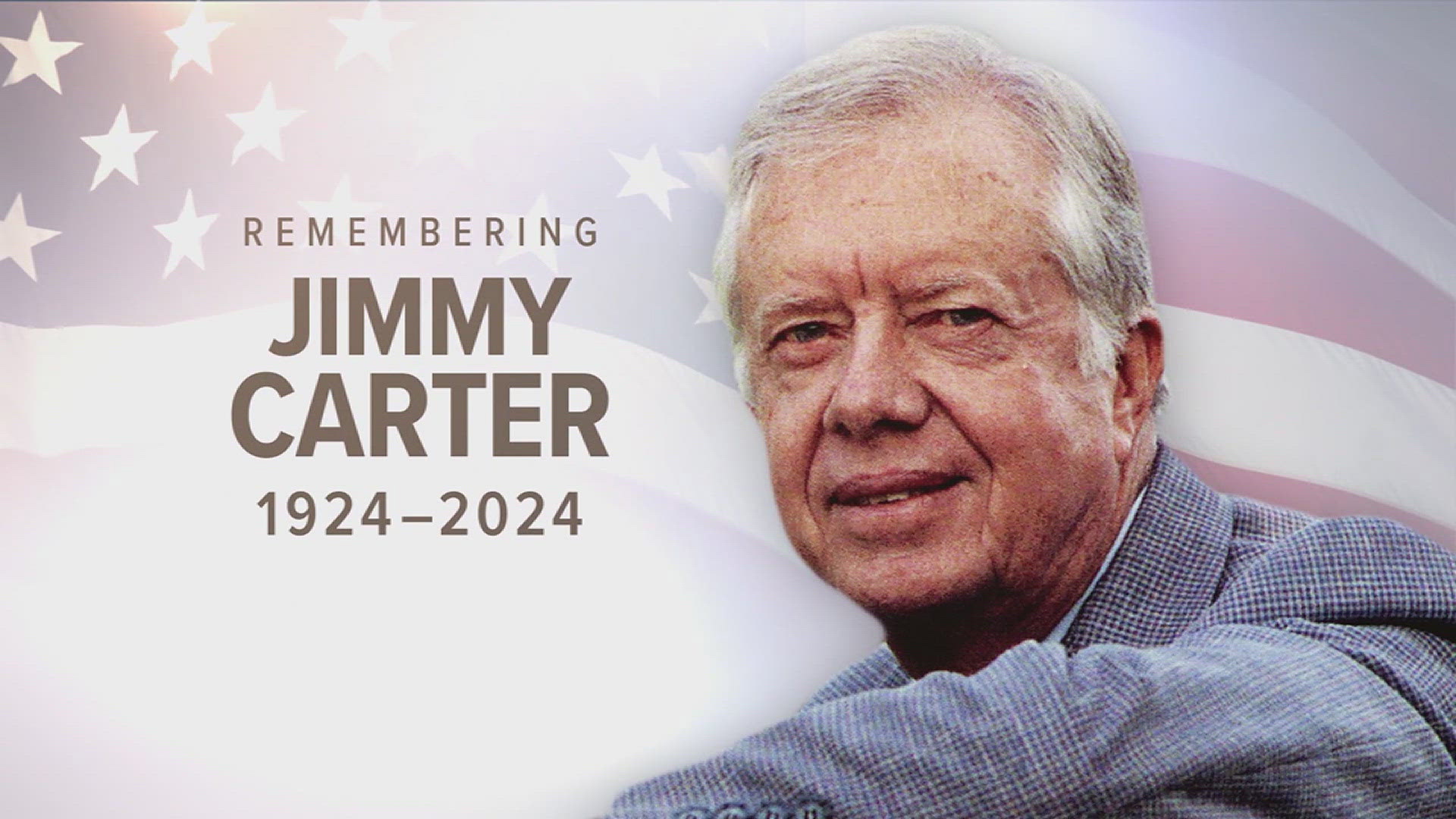(Akiit.com) Remember reading those “Choose Your Own Adventure” novels as a child? You would come to a crossroad in the story where you had to decide a course of action for the characters. Each decision was followed by more decisions, and made for several possible endings in just one book. It is similar to real life, except the stakes are higher because you can’t re-read the story and pick a different action. Nor can you peek at the back of the book and see the result of choosing different options. Every year, high school seniors face these types of decisions as they approach graduation, and it becomes time to choose their own adventures. Black youth planning their post-high school future have more options than ever before, but that also leads to more questions.
First, you must figure out if you want to enroll in higher education, enter the work force, enlist in some type of national service, or choose something else altogether. If you choose higher education, that opens another series of choices. Will you attend a community college, a four-year university, career training or online college? If you opt for the four-year university, will you live on campus, with parents or in an apartment? Do you want to immediately pursue a major at a small private college? Or would you rather explore many different courses at a large public university? Do you want a campus atmosphere in line with your religious faith, or would a nonsectarian school suffice? If name recognition is important, do you prefer Harvard University or Howard University?
Students may assume that Harvard carries better name recognition than predominantly Black Howard. However, a better name does not necessarily offer a better educational experience, nor does it guarantee more post-college success. A Newswise Education News press release reported the findings of Bradford Mills and Elton Mykerezi, researchers with Virginia Polytechnic Institute and State University. Mills and Mykerezi’s study found that Black men who had attended historically Black colleges and universities (HBCUs) experienced annual wage increases of 1.4 percent to 1.6 percent more than Black men who attended non-HBCU schools.
It is Black men in particular who need to hear the message the most. The Thurgood Marshall College Fund reports that male enrollment in the fund’s member schools is only 37 percent. The figures are still an improvement, because male enrollment in those HBCUs has increased eight percent since the 2004-2005 school year. If you are beyond college, you can help advance the message by supporting HBCU scholarship funds, and by encouraging the college-bound young people in your life to weigh HBCUs with other schools. Someone about to embark on his or her own adventure would appreciate it.









Leave a Reply